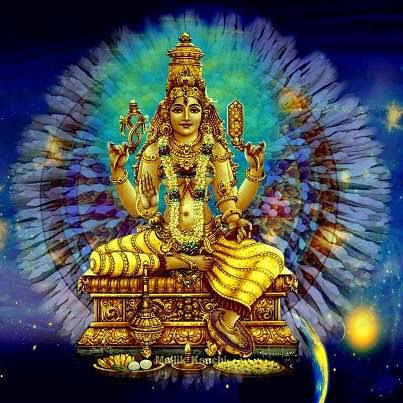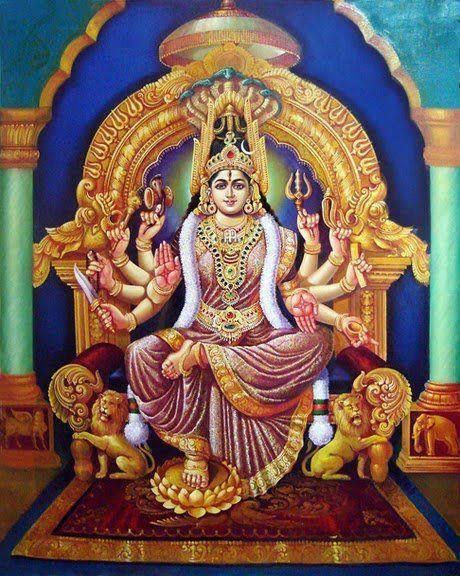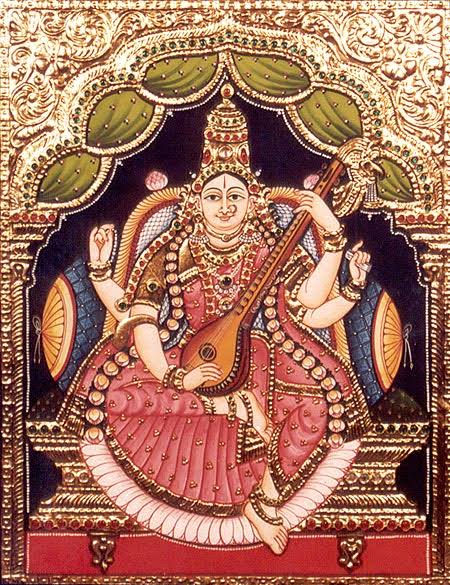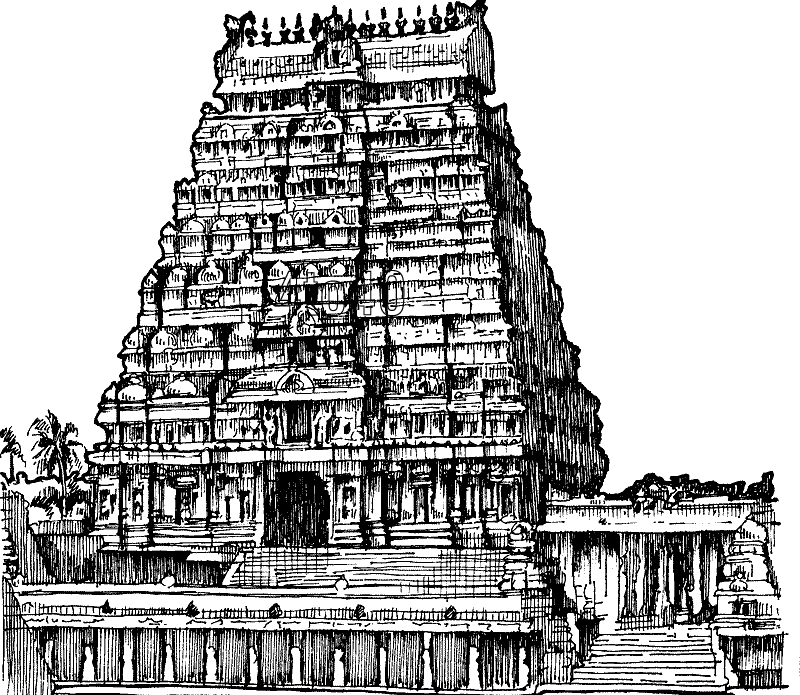LALITHA SAHASRANAMAM # 214
- S Subramaniam
- Aug 1, 2023
- 2 min read

LALITHA SAHASRANAMAM
महारूपा महापूज्या महापातक-नाशिनी ।
महामाया महासत्त्वा महाशक्तिर् महारतिः ॥ ५४॥
Maharupa Mahapujya Mahapataka nashini Mahamaya Magasatva Mahashaktir Maharatih – 54
महापातक-नाशिनी (214)
Mahapataka nashini (214)
Meaning:
Devi has the power to destroy (absolve the devotee from) all kinds sins committed.

Interpretation:
The Namah consists of three parts Maha which means great, Pataka which stands of sins and Nashini which can be understood as the destroyer. Thus Devi has been described in this Namah as a destroyer of all kinds of sins. Devi doesn't destroy sins but in fact absolves her devotees who have committed sins.
Definition of the word Pataka
The Manu Smriti provides an explanation to the term Pataka by listing out few examples:
ब्रह्महत्या सुरापानं स्तेयं गुर्वङ्गनागमः ।
महान्ति पातकान्याहुः संसर्गश्चापि तैः सह ॥
Slaying of a Brahmin, wine-drinking, stealing gold, intercourse with the Preceptor’s wife - are called the ‘heinous offenses. Also being associated with these crimes is a crime. Collectively these five ( 4 main +1 the association part) are called Pancha Maha Pataka.
The Hindu scriptures classify Patakas into several categories such as Maha Pataka, Upa Pataka, Sama Pataka and Prakirna Pataka.

Difference between Paap and Pataka
It's very simple. Paap is sin while Pataka is a crime. Paap is not adhering to prescribed rules while Pataka is breaking the rules itself. Paap can be got rid of by praying, by prayaschit (act of cleaning) while Pataka cannot be got rid of easily.
Paap (sin) can also be understood as the opposite of Punya (virtue). The following quote says so:
परोपकार: पुण्याय - पापाय परपीडनम् ।
Sin is making others suffer and virtue is the good done to them !
Author's Notes:
Committing sins / crimes is one part; getting rid of it, getting oneself cleansed from it is another part. We find various solutions to part two above in Hindu scriptures.

Kshama Yachanam
There is a practice to chant a mantra at the conclusion of any puja or ritual to seek apologies / forgiveness from God for mistake / sin committed during puja either knowingly or unknowingly.
आवाहनं न जानामि न जानामि तवार्चनम् ।
पूजां चैव न जानामि क्षम्यतां परमेश्वर ।।

Michhami Dukkadam
it's another method to seek forgiveness. Interestingly Dukkadam (Dushkritam) literally means the bad deeds that I have committed and Michchhami means to be fruitless - let it not bear any fruits. Even though the concept has its roots in Hinduism, (Its Sanskrit equivalent is Mithya me duskrtam) it is now popular only among the Jain community.
Here lies the significance of the Namah Maha Pataka Nashini which clearly indicates that Devi alone can absolve a devotee from his sins..
Disclaimer: All matters contained in this article are the property of www.templesofasia.com. The opinions expressed in this article are purely that of the author. The author alone is responsible for the accuracy, authenticity, completeness and validity of all the information in the article.


Comments